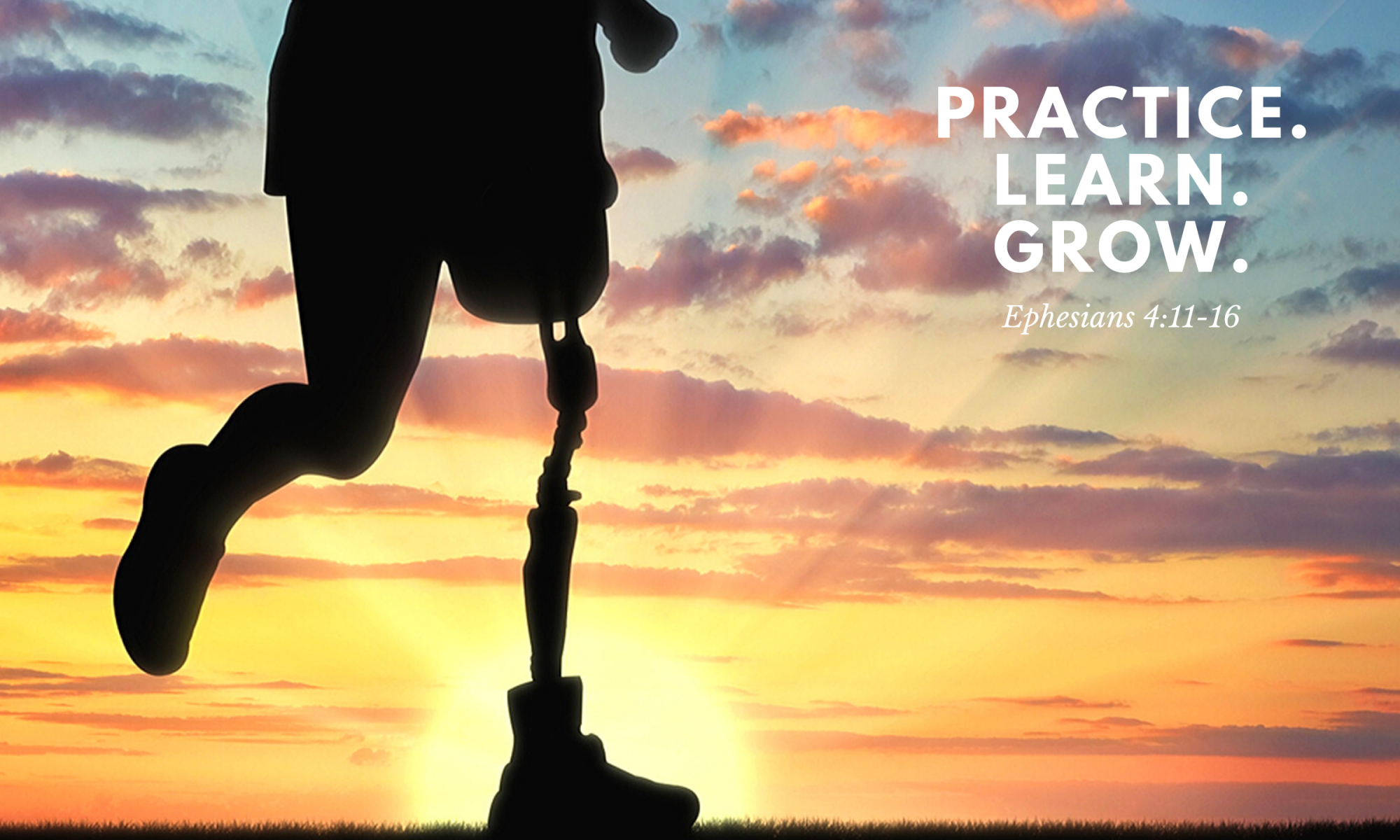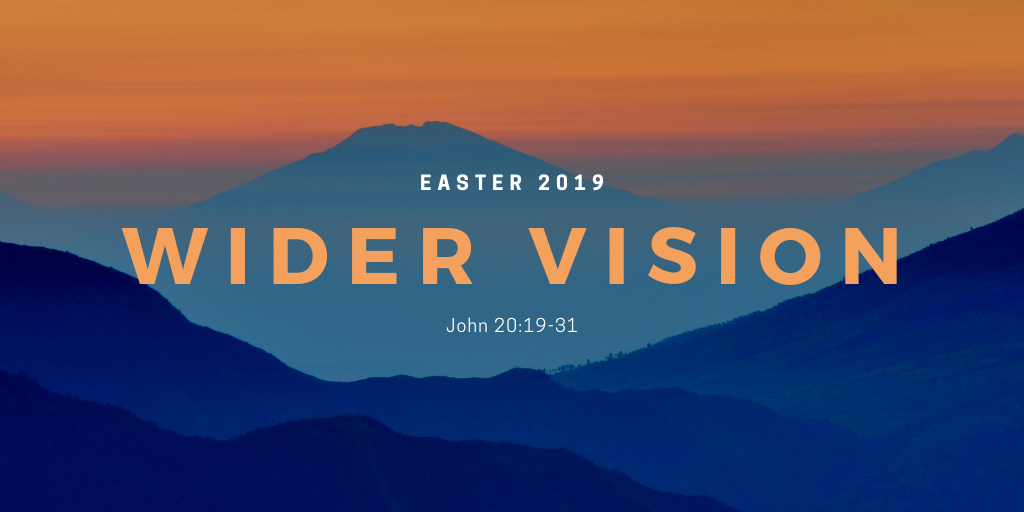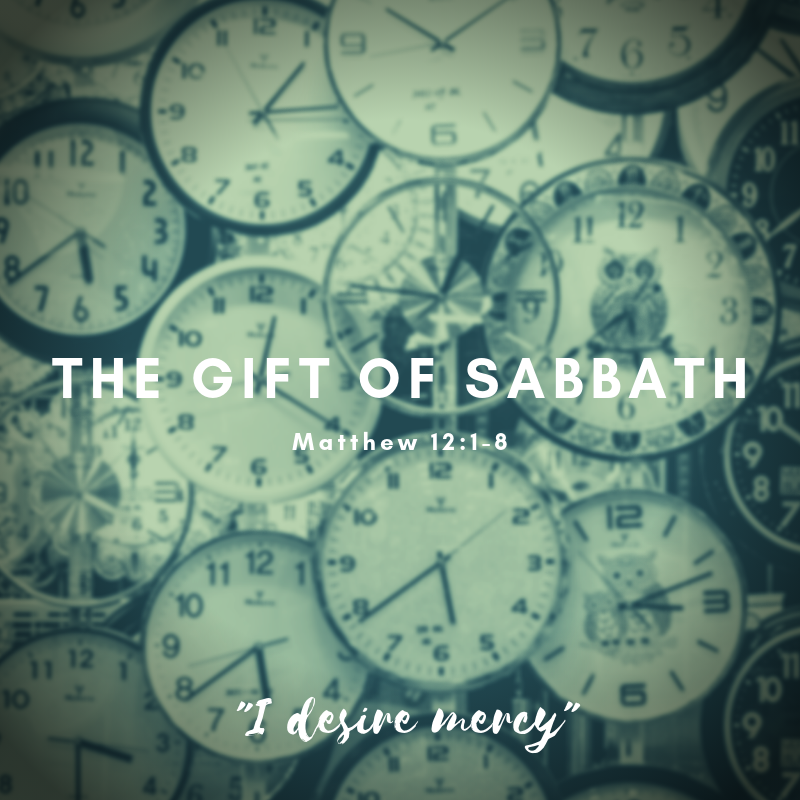November 1 is known in the Church calendar as All Saints Day. It’s a day to remember and honor those godly people who have gone before us in faith and life, and whom we’ve lost in death even while we celebrate their eternal life. At UPPC, for the past two years we have seen this day as an opportunity to contemplate the interplay between loss and redemption. This week, we were blessed by Brahms’ Requiem, which he composed as he processed his own grief and hope in Christ.
This interplay is very much at the heart of the Bible’s wisdom literature, including the book of Ecclesiastes, from which comes this famous passage on the inevitability of seasons in our lives. When we read it, we’re reminded of the truth that there is a time for all things. That said, we tend to strive for only some of the items on that list — the seasons we would call “good,” of course. But the reality is that all of those items are inevitable for all people in some form or another. The reality is that if we are alive, we will endure times of loss and the need for restoration.
The Japanese art of kintsugi entails the repair of broken pottery through bonding with gold. It is a beautiful proclamation that not only can we survive the experience of being broken and imperfect, but we can become more beautiful and valuable in the healing process. In kintsugi, the cracks in each pot are unique, and rather than being hidden are highlighted in beauty.
So the wisdom we might share with our younger selves this week is: “Pain is a catalyst for spiritual growth.” When we do more to become involved in the world and our communities, we set ourselves up for more hurt. It’s an essential ingredient to the love by which we live into the world. A teacher of Pastor Aaron’s once remarked, “One day, you will lose everything.” At first glance, this seems painfully dark and pessimistic. But insofar as “everything” entails the measurable phenomena of our lives (family, friends, health, wealth, etc.) it happens to be true. The “Teacher” who wrote Ecclesiastes is wrestling with this very inevitability and seeking to articulate the motivation behind living in a life so characterized by loss.
As followers of Jesus, we know that the material losses we endure, as rightfully painful as those losses can be, do not have the final say about our lives. And no, it’s not because we just close our eyes and brace ourselves for life’s pain as we await the “afterlife.” Rather, it’s because Jesus “brings gold into our losses.” We must never forget that Jesus is intimately acquainted with pain, loss, and of course death. And while we may be perplexed by God’s unwillingness to spare us of these things, we are also strengthened by the way God redeems pain to make us stronger, so that the world may also experience God’s love through us.
Consider Jesus’ disciple, Peter. In one night, eager Peter boldly claimed he would never deny his Master, and promptly did that very thing. Imagine how broken he must have felt when Jesus was crucified, and for the excruciating day that followed. Imagine also Peter’s tearful humility as he looked his risen Master in the eye on the seashore, only to be forgiven, restored, and put back to work for the sake of Jesus’ new kingdom. Here was a man, strengthened through the experience of being broken and restored.
For reflection:
– Consider your personal life. What aspect(s) of your life appear to be whole, but are actually broken?
– Kintsugi does hide cracks, but highlights and beautifies them. Are there broken parts of your life that you’re hiding, but which can be made beautiful?
– Consider your community. What people, places, or other aspects of your surrounding community are broken and in need of restoration?
– Consider the national and global communities. Ask the Holy Spirit to guide your mind toward the broken people and places for which to pray.
– How could it change your view of contentment to remember that God is not only unafraid of brokenness, but willing to enter it, feel the world’s pain, and still offer healing and wholeness?
– The Hebrew word shalom roughly translates as “peace.” But its meaning is broader, more like “wholeness” or “complete contentment.” Take a few moments to describe what one day of shalom would look and feel like for you.












